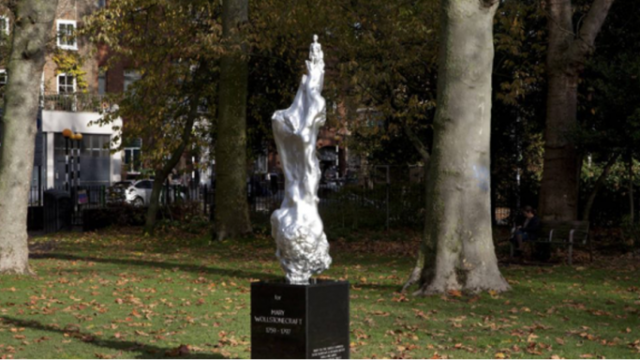iPaulina

How do you beat the winter blues?
Get more light in your lifeIt is mid-November, almost December. The shortest day of the year is rapidly approaching. With the uncertainty of COVID-19, many people may feel somewhat discombobulated. For some, this feeling is more than just a low mood and could be Seasonal Affective Disorder, aptly named SAD. According to the Royal College of Psychiatrists, the incidence of SAD in the UK population is 3% and women are four times more likely to be affected than men. This means that, based on the statistics, SAD is likely to affect several students, staff and parents at our school.
So, what exactly is SAD?
SAD is also known as ‘winter depression,’ because the symptoms generally tend to be more severe during the winter season. Symptoms can include persistent low mood, irritability, feeling lethargic, sleeping for longer than usual and a loss of pleasure or interest in normal activities.
It’s crucial then, as we enter into the autumn and winter months, to think about the best ways to overcome these symptoms. There are several things that we can do to help manage SAD. Here are three ways.
Get some more light in your life
Make the most of every scrap of daylight, perhaps by going for a (socially distanced!) walk during the afternoon, opening your curtains as wide as they will go during the day or even replacing your morning train journey with a cycle ride. Light therapy can also be effective – this means getting a light therapy box to mimic natural light, which can help regulate your circadian rhythms.
Socialise and reach out to people
According to the NHS, “socialising is good for your mental health.” Make an effort to keep in touch with people you care about and call your friends and family members you may not see so regularly, due to lockdown, even if it’s just for a little while.
Exercise
Regular exercise can ease symptoms of depression, especially during the gloomy winter months. Any type of exercise activates dopamine and serotonin, the “feel-good” chemicals in the brain. These chemicals can help fight symptoms of SAD. Even activities like walking or biking can be helpful.
However, if you feel like you need professional help with your mental health, please make sure to reach out to your GP, or talk to a member of our school’s qualified pastoral team.
Eppie VI







